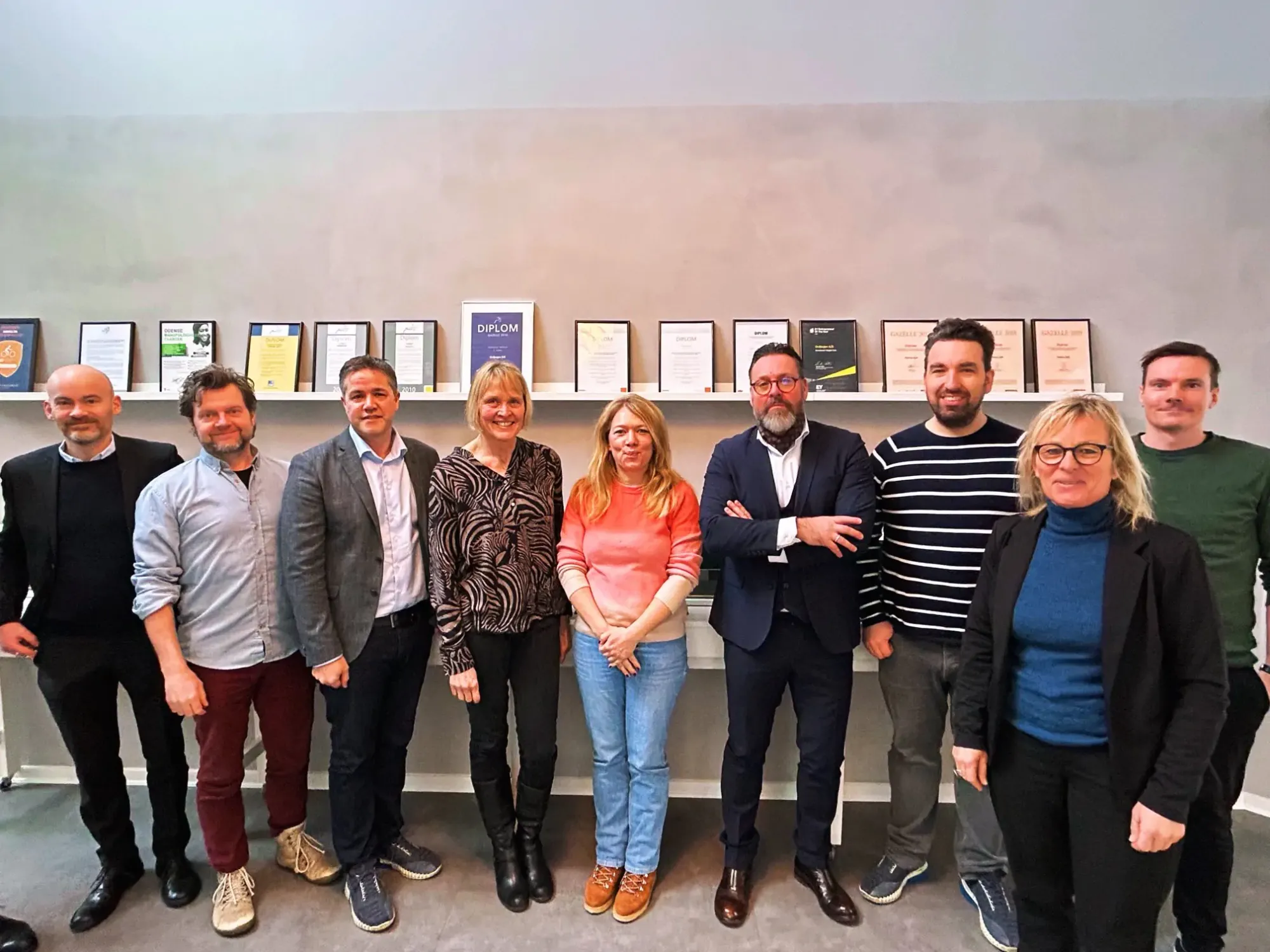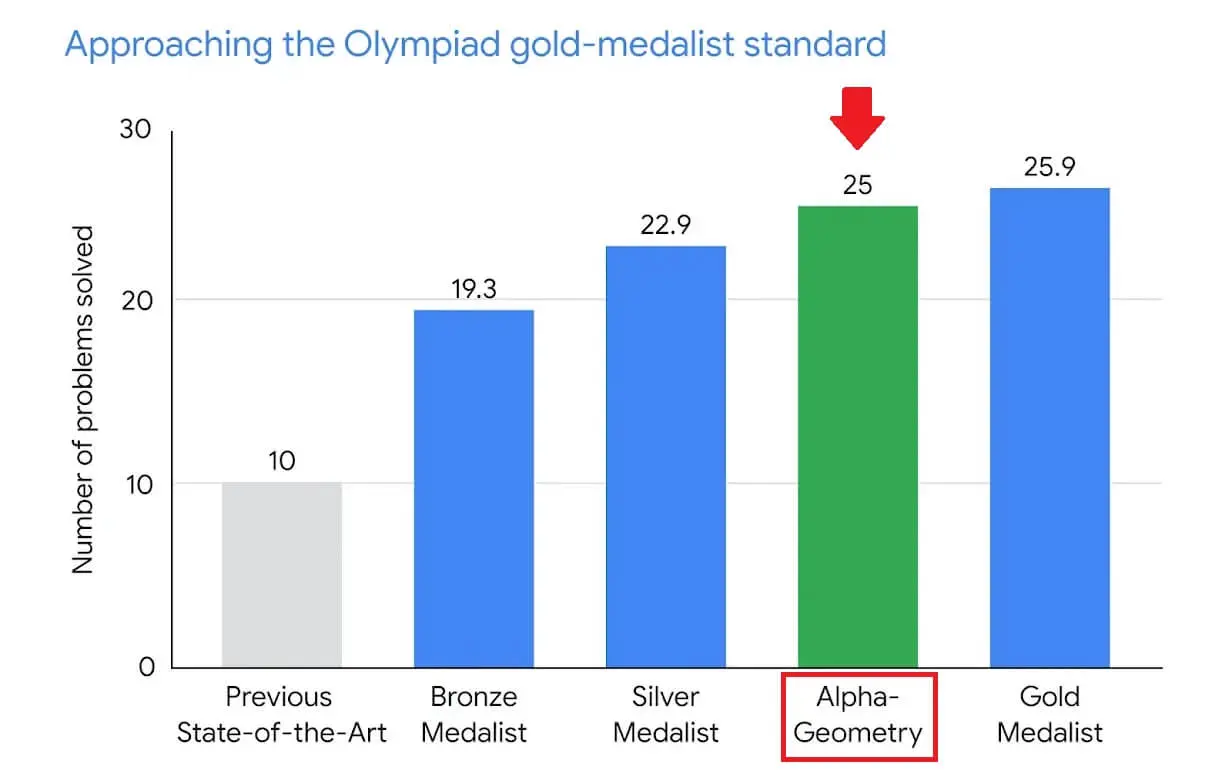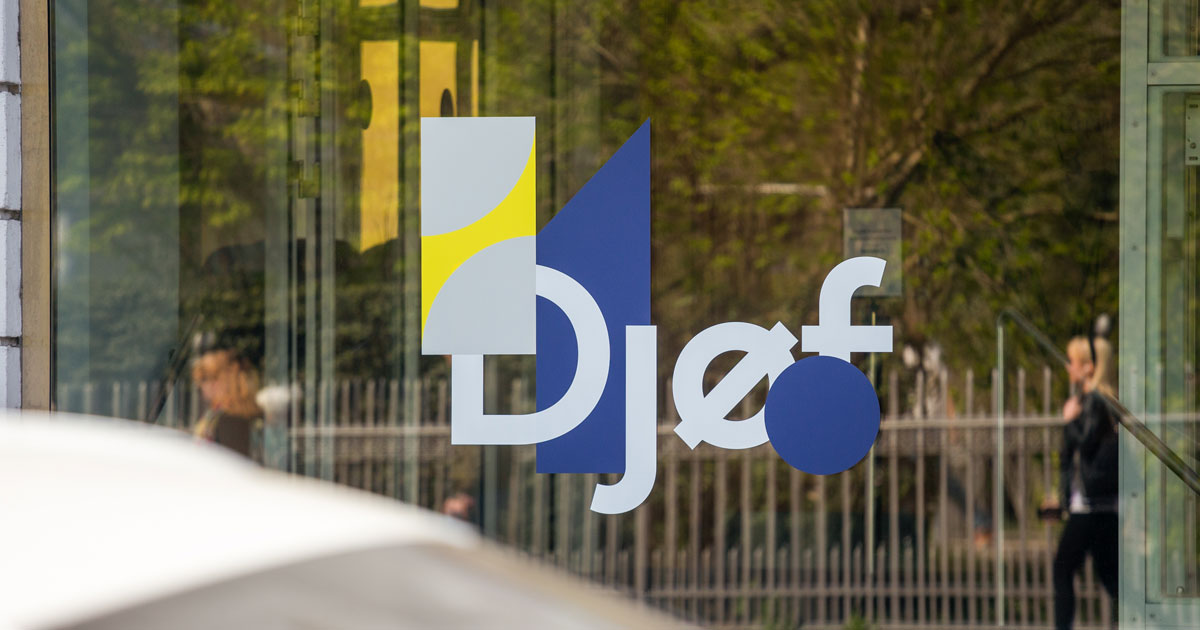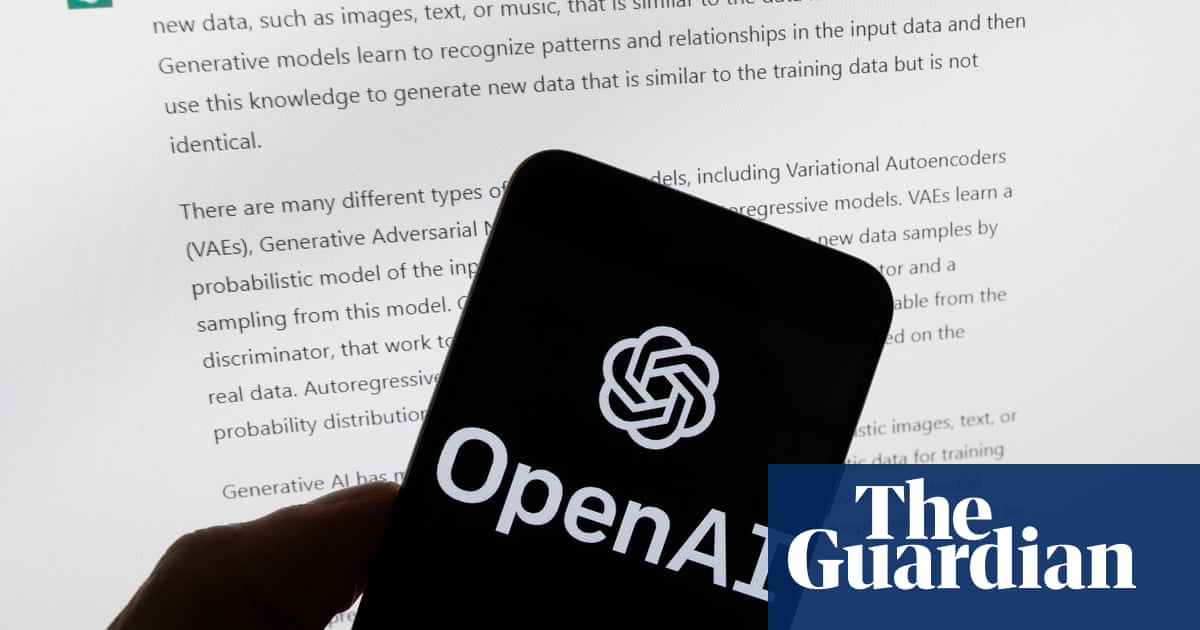This week's newsletter delves into the latest news about artificial intelligence in education. We thought we'd touch on the launch of Copilot Pro, which is Microsoft's Office suite with artificial intelligence now available to everyone. Before investing in Copilot Pro, note that it is relatively expensive, only available in English, and the purchase process is complicated. We have obtained a license and are in the process of testing it. We are working on an article about the possibilities.
TjekDet: Teaching material about artificial intelligence for school
TjekDet has published free educational material on artificial intelligence for students in the 8th, 9th, and 10th grades of primary and secondary education. The material consists of various resources, interactive elements, and concrete lessons that ask the most important questions about artificial intelligence and help students find answers. The goal is to give students an understanding of the technology and show them how to recognize misleading and false information.
-1.png)
Odense Tekniske Gymnasium tones field of study with AI
Per and Claus will be at the forefront of developing the field of study at HTX in Odense, which will focus on artificial intelligence. The new toning is based on the field of study with the subjects communication and IT programming or design. At the same time, all subjects that the students meet will work to tone down the academic content to deal with AI.
In all this, we do not buy into the professional content of the subject. Still, we speak into the reality where, for example, misinformation and disinformation will shape their daily life and future. At the same time, we also need to create content and understand all the positive possibilities of AI. We are starting from the good elements of understanding digital technology, but we do not think we can wait for the new topic. We seek a realistic understanding of the area, and here we collaborate with Hesehus, Ordbogen.com, UCL, and the Department of Mathematics and Computer Science at SDU, who all work with artificial intelligence from different angles. At the same time, we hope that other HTX schools will do the same.
Read more here:


Development of a new Danish language model - DANA
Lisbeth Bech-Nielsen (SF) stopped by on Thursday to discuss the possibilities of developing a Danish language model trained on quality data from archives and collections, such as the Danish National Archives, DR, and the Danish Royal Library. It is estimated that it will cost around 40 million to develop the model, and such a model will be of great importance to the education sector. The model will mean that we will have a GDPR-compliant language model, which puts all educational institutions on an equal footing and can be included as a subject field in teaching and for exams.
At Viden.AI, we will write more about it as the project develops.

More than half of Nordic organizations today use artificial intelligence
The think tank Mandag Morgen has published an analysis that uncovers the impact of artificial intelligence on digital transformation processes and digital competencies in Nordic organizations.
According to the analysis, 51% of Nordic organizations use AI tools daily. A significant proportion, almost a third, uses AI for text generation through tools such as ChatGPT, which underlines the rapid spread of generative AI technology in the Nordics. Despite this widespread use of artificial intelligence, only 15% of organizations have developed a clear strategy for its use, suggesting a limited strategic integration of AI in these organizations. Furthermore, two-thirds of the Nordic managers expect to increase their use of AI over the next three years.
Read the report here: Er nordiske organisationer klar til AI?

AlphaGeometry: Solving advanced geometry problems with artificial intelligence

Google DeepMind has developed a new artificial intelligence, AlphaGeometry, that can solve advanced geometry problems. AlphaGeometry combines a language model with a symbolic engine to solve mathematical challenges that have been difficult for artificial intelligence until now. Google DeepMind has demonstrated the system by having it solve 25 out of 30 problems from the International Mathematical Olympiad, the competition for which the winners of the high school Georg Mohr competition in Denmark qualify.

Article on responsible integration of artificial intelligence in education systems
The World Economic Forum (WEF) has published an article on the responsible integration of artificial intelligence into education systems. UNESCO recently published a study that shows that less than 10% of all colleges and universities have policies or formal guidelines for using artificial intelligence. In this article, the WEF highlights the need for guidelines to avoid, e.g., GDPR issues and uncritical implementation of generative artificial intelligence. They recommend these 7 principles for the responsible and effective use of artificial intelligence in education:
The article also identifies the benefits and risks of artificial intelligence in education. Read the article here: AI and education: Kids need AI guidance in school. But who guides the schools?

News of the Week






/cdn.vox-cdn.com/uploads/chorus_asset/file/25227019/Copilot_Pro_Hero_Static_Lockup_16x9.png)




Scientific articles
Below, we select articles or tools with a slightly more scientific perspective. These are articles that we read ourselves to stay up-to-date, and at the same time, we also know very well that they are not that interesting for most people.
Future-proofing Education: A Prototype for Simulating Oral Examinations Using Large Language Models
This study from the Brandenburg University of Applied Sciences focuses on the use of large language models for the simulation of oral exams. Here, they have developed a prototype that effectively simulates oral exams, offers personal feedback, and reduces the work of teachers. The study shows possibilities for using the language models to democratize education, include different groups of students, and improve teaching quality and efficiency.
Read the study here: https://arxiv.org/pdf/2401.06160.pdf




















